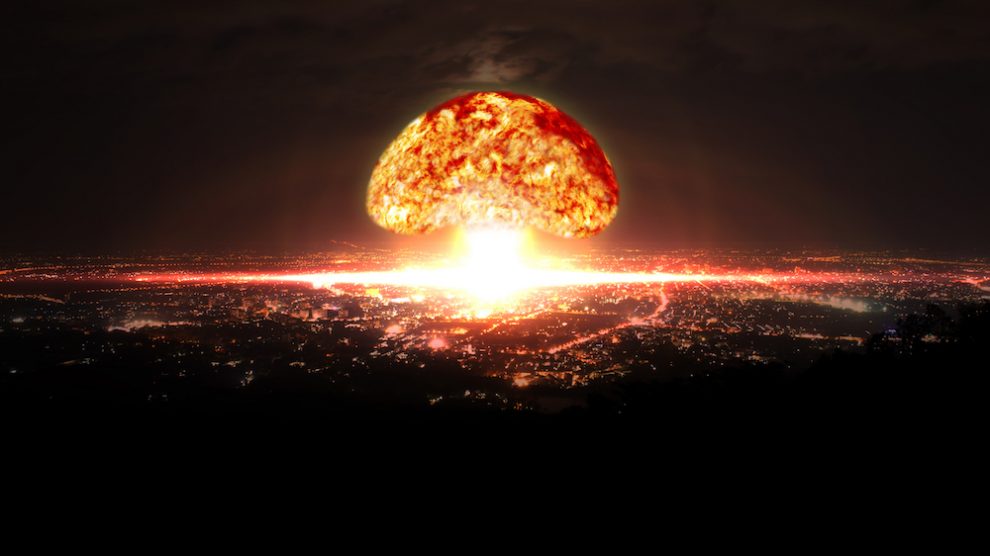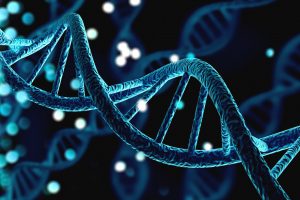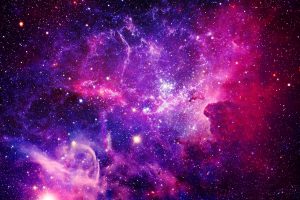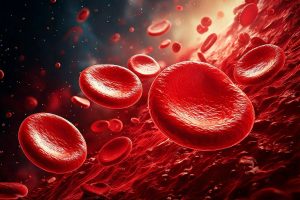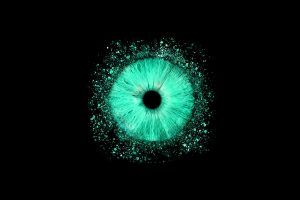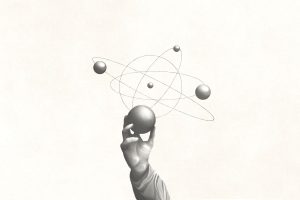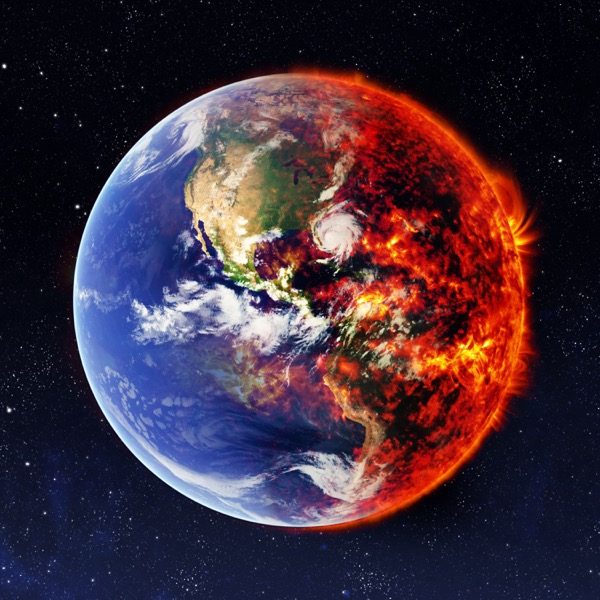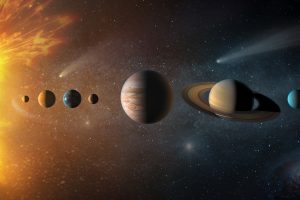Nuclear winter is a warning written in the language of climate models and atmospheric chemistry. It's a disaster we should all pray to avert.
Science, Medicine and Technology
There is a shift brewing, and the latest research affirms Islam’s wisdom that alcohol has a net negative effect.
What are organoids and how are they developed? How can they be used to help people and what are the advantages of using them?
Even in safety, the echoes of distant wars invade our minds. How global conflict is reshaping the mental landscape of people who never hear a bomb fall.
What did Muslims scientists do to spark the renaissance? How Islam can reclaim its stake in the future of science?
Did Brahe, Kepler, Galileo and Newton make isolated discoveries, or did Islamic science contribute to their work on astronomy?
Blood is a masterstroke of biology, a blend of simplicity and complexity that scientists are still decoding with wide-eyed wonder.
Scientists unlock the colour 'olo' – one our eyes were always capable of seeing but had never actually seen before.
From plagiarism to planetary corrections, we take a look at Copernicus and the introduction of heliocentricity.
Flawlessly created, the Kingfisher bird has become the basis of train designs and science anatomy research.
When Muslim scientists scrutinised Greek astronomy and made significant contributions towards the Scientific Revolution.
Our situation is fragile. Earth’s future is at stake. Our most important mission right now is planetary survival.
Exploring the living leaf that breathes, walks, and disappears into nature’s masterpiece.
Did Muslims simply translate Greek literature, or did they play a greater role in the Scientific Revolution?
Unmasking the quiet terror of nuclear physics, where invisible forces shape irreversible outcomes

